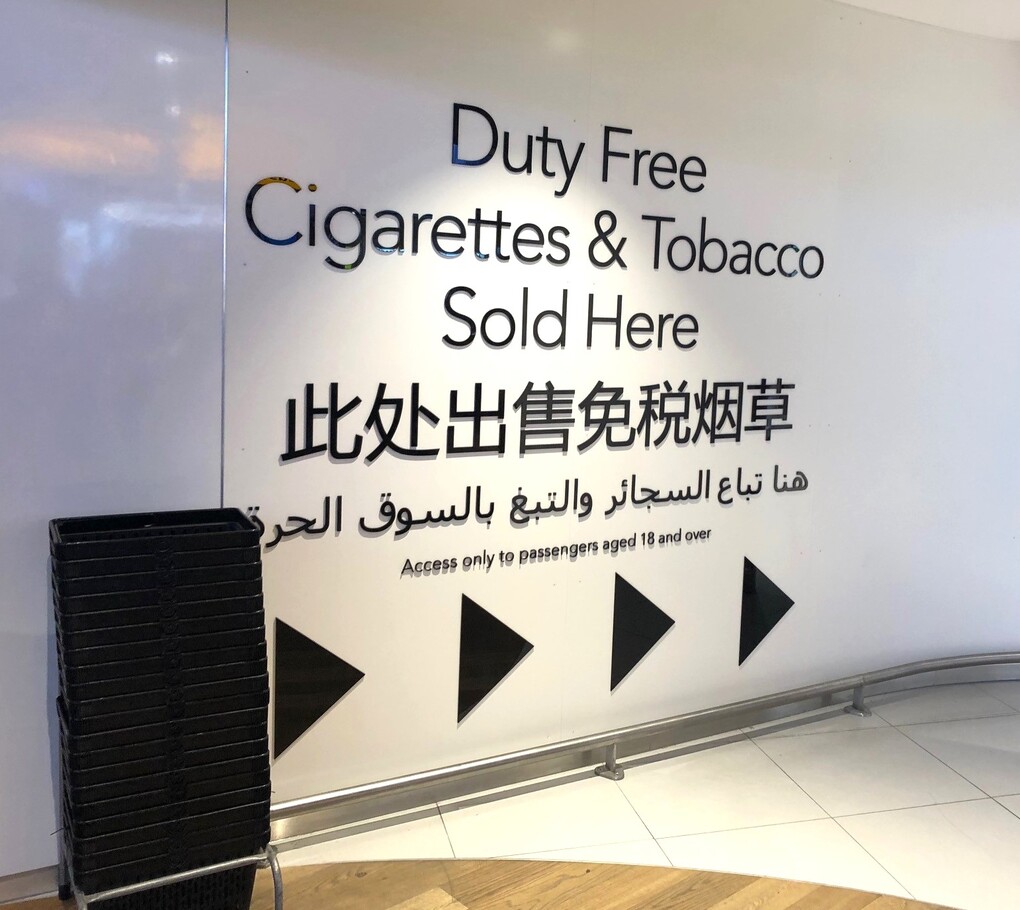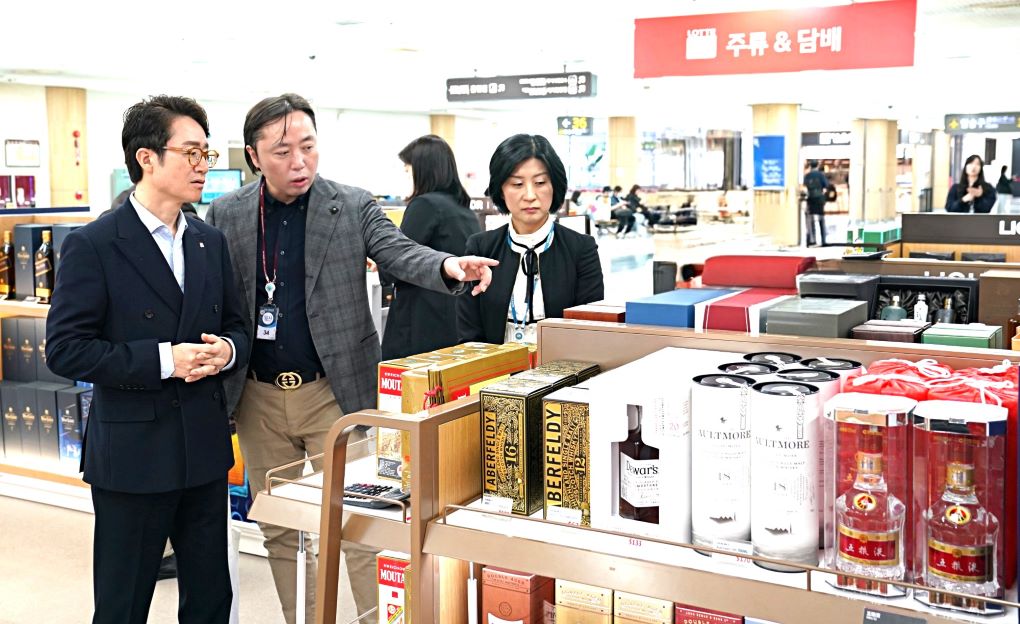
USA. Some retailers in the Airport Concessions Disadvantaged Business Enterprise (ACDBE) programme will be forced to exit their businesses amid COVID-19, according to industry leaders in North America.
That was the stark message in the latest call organised this week by the Airport Restaurant & Retail Association (ARRA) and its counterpart the Airport Minority Advisory Council (AMAC). Both organisations and their members have been urging US airports and Congress to ensure financial relief measures for their members, airport restaurateurs and retailers.
This week’s ‘Survival and Revival’ call featured Warner Session, Founder of Session Law Firm and a Board Member of the Metropolitan Washington Airports Authority (MWAA), and Clark Sharpe, President of Shellis Management Services. Session and Sharpe were instrumental in the creation and expansion of the ACDBE programme from its inception over 40 years ago. The programme enables women and minority-owned retailers to play their part in the US airport concessions business.

Sharpe said: “We will see some locations closed. We will see some people leave the industry. Regrettably we may have some defaults.”
Session said: “There will be a shakeout and there will be casualties. That will be a fact of life. Those who can hang on will do. Others may not make it.”
Addressing how businesses might be helped financially and by legislators, Warner said: “This programme started with people of like minds who identified a problem and stepped up to engage policy makers and elected officials to address it. It has had a tremendous impact on the air transport industry and on women and minority-owned businesses.
“As we work towards solutions we need a coalition of the willing. That includes ARRA and AMAC, elected officials at national and local level, and the private sector too, including financial institutions. We have to create multiple strike force teams – for public policy, private sector, FAA, to ensure we have the right assets to find solutions.
“This is a triage moment. There are people going out of business as we speak. The immediate short-term remedy is needed for these external factors that we cannot control. But we also have to create lanes of focus and put resources behind it so that we can move towards viable solutions [for the long term].”
He added: “We have to engage every ACBDE to approach their member of Congress. After all it’s at legislative level where this will be addressed. Also, at a wider level who are our advocates inside the US Congress? We have had those over the years on many issues about refining legislation. We need to repeat that. There needs to be one or more who can carry our water and watch for aviation interests.”

Clark said: “We need to ensure standards allow businesses to cope and not prevent ACBDEs the capacity to take care of themselves. Another thing is that there has never been a component in the regulation to empower the Secretary of Transportation to use discretionary resources to bump up lending for transportation-related and airport-specific initiatives. That would be a tool to help ACBDEs to work [around] with the lending and capital hurdle.”
Warner said that the ACBDE programme could be refined to help these mostly small and medium-sized businesses become larger businesses, aided by a restructured programme with enhanced funding.
“It’s not going to happen on its own,” said Warner. “Data is so important to measure what has happened, and in documenting that to help policy makers. We have to identify who can help us at policy level and we haven’t really fully engaged the private sector yet either. There are investment programmes that could be replicated in the area of airport concessions. There is no silver bullet. We do have to have the foundational support of public policy, so identifying who our assets are in Congress, as well as those elected officials at local level, is important.”

Both speakers said that the business of airport concessions would have to change following the crisis.
Session said: “The formula for concessions going forward, and the business case, how airports approach their programmes, will all change. I can speak for MWAA and say that how we structured concessions in the past will have to change to get the right offering and to balance that with the business health of the operators. It will look very different a year from now than it did pre-COVID-19.”
Sharpe said: “Both short and long term there will be more enlightened individuals coming out of this. Airport operators and airport teams will understand this business a lot better. There will be more careful thinking about the use of MAGs. Allowing bidders to over-bid or buy a contract is to the detriment of everybody, including airports and customers, and nobody benefits. That process will diminish. Accepting space anywhere in the airport and thinking you can make it a concession will be something of the past. This enlightenment will create right-sizing across the board I believe.”
Warner concluded: “We cannot afford to lose 40 years of effort and a second generation of ACBDEs even with these extraordinary circumstances.”












